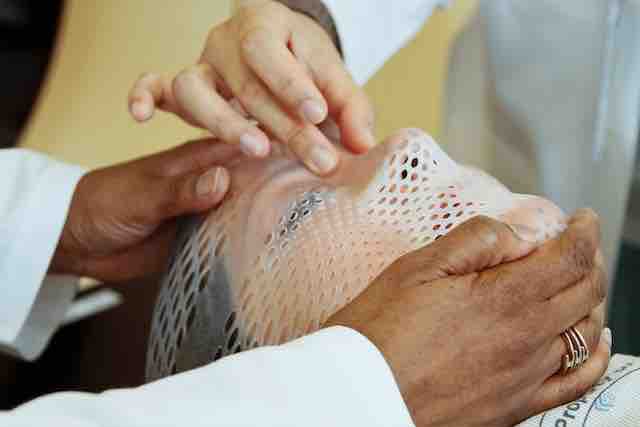In a landmark UK study, the debate over the most accurate diagnostic tool for prostate cancer has finally been put to rest. Magnetic Resonance Imaging (MRI) scans have emerged as the undisputed champion, outperforming blood tests by a significant margin. This revelation holds profound implications for the medical field and, most importantly, for the countless individuals affected by prostate cancer. This article delves into the study’s findings, shedding light on how MRI scans are poised to reshape prostate cancer diagnosis.
The Study: Unveiling the Truth:
Conducted by a team of esteemed researchers in the United Kingdom, the study aimed to compare the accuracy of two commonly used diagnostic methods for prostate cancer: MRI scans and blood tests. The results were nothing short of revolutionary. The study, involving a large sample size, demonstrated that MRI scans are remarkably superior to blood tests in identifying prostate cancer with unprecedented accuracy.
MRI Scan’s Unmatched Precision:
MRI scans offer a three-dimensional, high-resolution view of the prostate gland, enabling healthcare professionals to detect even the tiniest abnormalities. Unlike blood tests, which can yield false positives or negatives, MRI scans provide a clear visual representation of the prostate’s condition. This means that potential cases of prostate cancer are less likely to go undetected, leading to earlier interventions and improved patient outcomes.
The Downfall of Blood Tests:
Blood tests, while valuable in certain contexts, have limitations that can compromise their accuracy in diagnosing prostate cancer. The levels of prostate-specific antigen (PSA) in the blood, often used as an indicator of the disease, can be influenced by various factors unrelated to cancer. This can result in unnecessary anxiety for patients and unnecessary procedures that may not be required if a more precise diagnostic method, such as MRI, is employed.
Implications for Patient Care:
The implications of this study are far-reaching. With MRI scans proving their mettle in diagnosing prostate cancer accurately, patients can benefit from earlier detection and more targeted treatment plans. This not only reduces the physical and emotional toll of invasive procedures but also enhances the chances of successful treatment outcomes. Furthermore, the newfound accuracy of MRI scans can potentially reduce healthcare costs associated with misdiagnoses and unnecessary treatments.
A Paradigm Shift in Prostate Cancer Diagnosis:
The findings of this UK study mark a significant paradigm shift in the field of prostate cancer diagnosis. Healthcare providers and patients alike can now confidently embrace the superiority of MRI scans over blood tests. As medical institutions adopt this advanced technology, patients can expect a more streamlined and accurate diagnostic process.
The conclusive results of the UK study have unveiled a new era in prostate cancer diagnosis. MRI scans have proven their unparalleled accuracy, leaving blood tests in the rearview mirror. With early detection being the cornerstone of successful cancer treatment, this breakthrough promises improved patient outcomes, reduced healthcare costs, and a brighter future for individuals facing prostate cancer. As the medical community embraces this shift, patients can take comfort in the fact that science and technology are working tirelessly to provide the best possible care.












